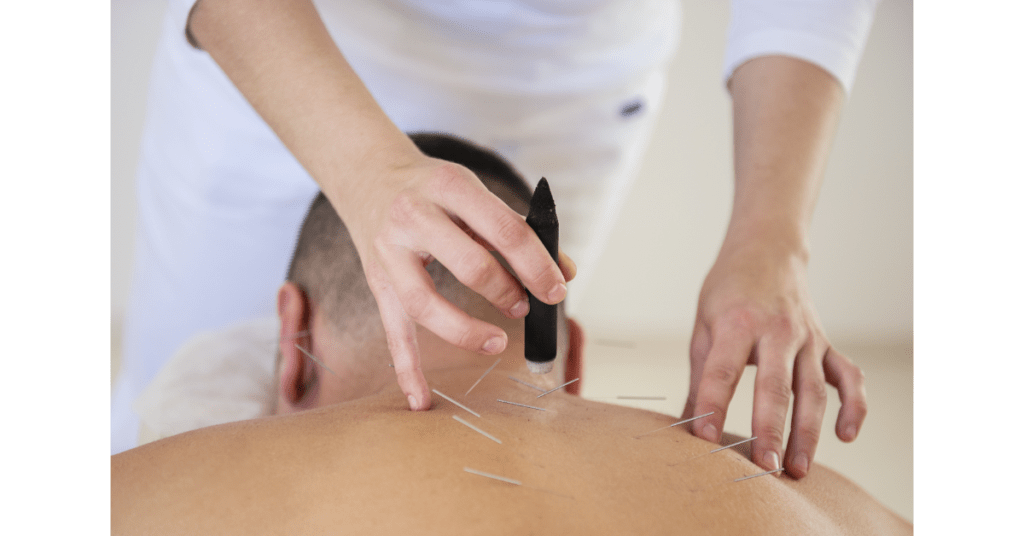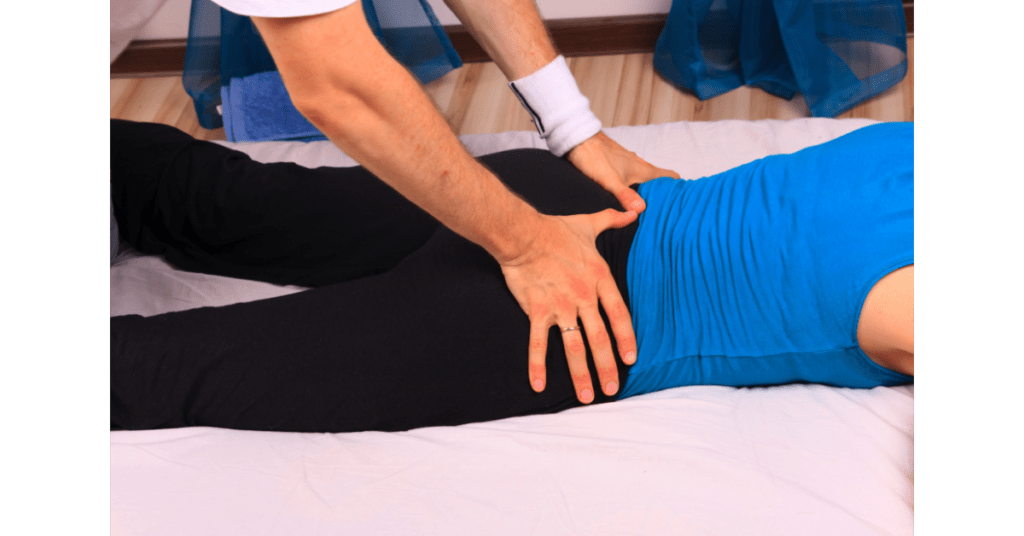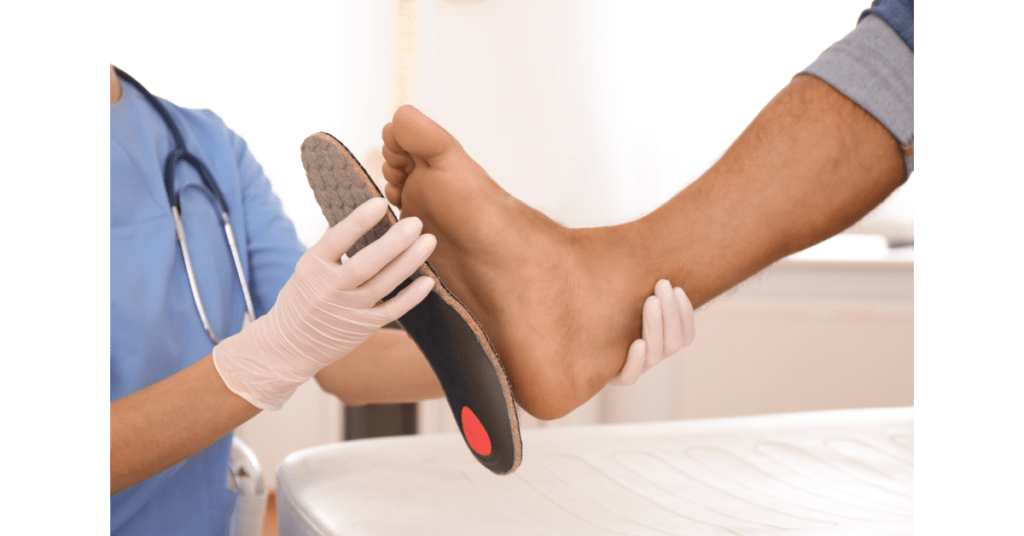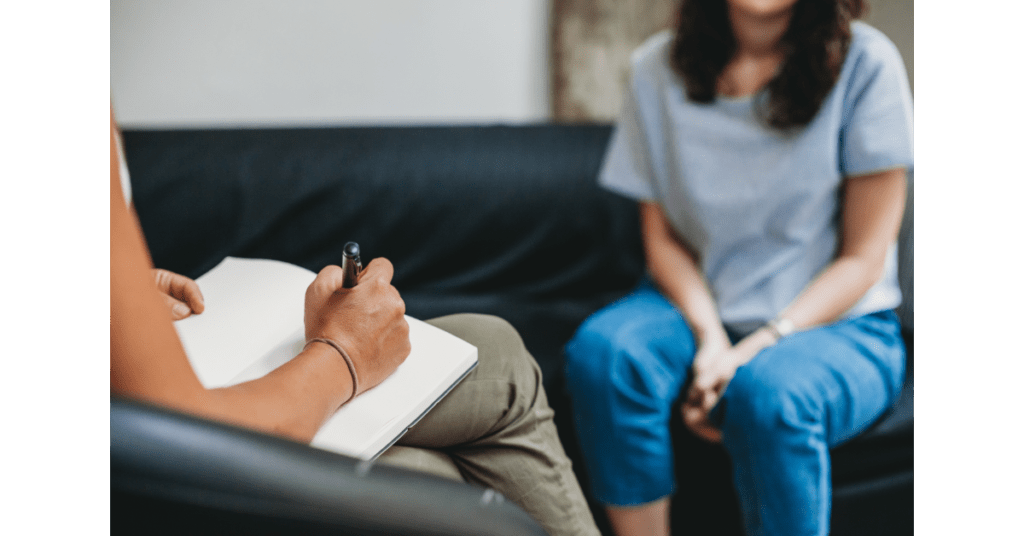What is a concussion?
A concussion is a traumatic injury of the brain. It can affect the functioning of the brain, alter the mental status and lead to other symptoms. People often think that if they have not lost consciousness, it is not a concussion. What they do not realize is that injuries to the brain can take place without losing consciousness.
What are the symptoms of a concussion?
A concussion has many different symptoms or signs. Symptoms include difficulty in communicating, balancing problems, dizziness, drowsiness, fatigue, feeling emotional, and feeling mentally foggy. Other symptoms include headache, memory difficulties, irritability, nausea, nervousness, numbness or tingling, sadness, sleeping more than usual or difficulty falling asleep and visual problems such as blurry or double vision, sensitivity to light or noise, and vomiting.
How is a concussion diagnosed?
An initial evaluation must be undertaken by a trained coach, certified athletic trainer or physician when a concussion is suspected. This includes a focused neurological exam, a focused orientation exam to test short-term memory recall like the score, last meal or the event and a focused orientation exam to test long-term recall like the person’s name, place of birth, birthday etc. One can also assess the person’s ability to remain attentive during a complex task like naming the months of the year in reverse order. A concussion may lead to the risk of developing a second impact syndrome (SIS) if the problem is left undiagnosed. This can result in a fatal injury if the athlete sustains another head injury before the first one has healed completely.
What is second impact syndrome?
When a person sustains a second head injury before the first injury has healed completely the condition is called second impact syndrome and is usually fatal. It is actually difficult to tell if the brain has healed from the first injury even after all the symptoms are resolved.
Studies reveal that every year a huge number of traumatic brain injuries occur among sports persons or due to recreation, including young children between the ages of 5 to 18. Children and teenagers are more prone to suffering concussions and take longer to recover. Generally, athletes who have already suffered a concussion earlier, are at a higher risk of suffering another concussion.
A study published in the Journal of Head Trauma Rehabilitation that examined patient data from Ontario between 2008 and 2016, found that the number of patients experiencing concussions and their side effects was about twice as previously reported. Increasing awareness and understanding of concussions are allowing researchers to better track the prevalence of the condition.
What is neurocognitive testing?
Neurocognitive testing is a questionnaire taken by an athlete that tests multiple areas of brain function such as memory, problem-solving, reaction times, brain processing speeds and post-concussion symptoms. It is usually computer-based and is valid if an athlete has a pre-injury baseline test that can be compared with the post-concussion test. It enables the physician to determine whether or not a person can return to play.
When should a concussed athlete return to play?
Any athlete who sustains a concussion, whether minor or major, needs to be evaluated by a qualified healthcare provider before he or she returns to play. The athlete is free to play when s/he is completely free from the symptoms of a concussion and remains symptom free after physical testing. A baseline test is important for assessing concussion symptoms after an incident. It includes neurocognitive tests, symptom checklists, balance testing and sideline assessment tools like Sideline Concussion Assessment Tool (SCAT).
Are you looking for physiotherapy or a Chiropractor? If Yes, then visit Simply Align Rehab Physio in Scarborough/Toronto or Woodbridge/Vaughan or you can always call or text us for your Physiotherapy or Chiropractor needs in Toronto at (416) 438-3230 or For Physiotherapy or Chiropractor need in Vaughan (Woodbridge) at (905) 638-9840.








